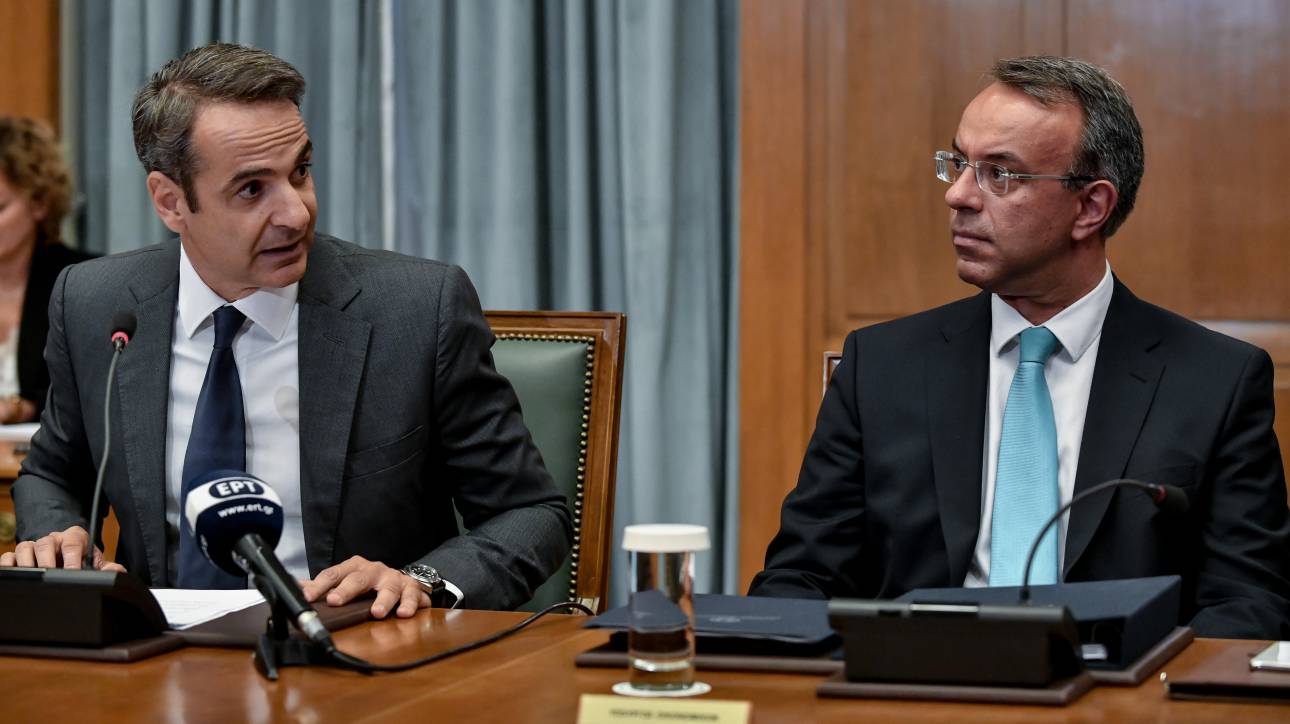The public health crisis appears to be burgeoning.
The number of coronavirus cases is multiplying and younger people are flouting the rules and are thus rendering inevitable the transmission of the virus to vulnerable groups.
The mathematical models that are being developed leave little room for misinterpretation. Those who projected that autumn will be safe and that that everything will be under control will most likely be proven wrong.
After summer holiday travel the virus has spread everywhere throughout the country and particularly in densely populated urban areas. That has affected citizens’ behaviour and thus is raising the cost for the economy and the state.
The common conviction is that upon their return from August vacations they will limit their movements in an effort to protect others and themselves from unnecessary dangers.
That means that economic activity will remain low and the finance ministry will have to extend emergency benefits.
By all appearances many businesses will pay a heavy price over the coming months and hundreds of thousands of citizens will lose their jobs and income.
Indisputably the worsening pandemic will aggravate public health and recessionary conditions and the endurance of everyone will be challenged.
Yet there is no room for fatalism or self-pity. If everyone adheres strictly to protective public health measures an intensified pandemic can be contained at least until December when one expects the approval and first massive administration of a new vaccine, beginning with healthcare workers and people in vulnerable groups.
Greece and governments all over the world hope that the vaccine will help manage the public health crisis and permit a gradual normalisation of social and economic life.
The EU has already signed contracts with pharmaceutical giants and Greece has participated by ordering a large quantity of vaccines.
Based on the aforementioned expectations one expects that by March the transmission of the virus will have been checked at least partially and that economic activity will rebound.
Hence one can easily understand that the next six months will be crucial and that public health and the country’s economic situation must be bolstered.
To the extent that the government espouses the above scenario it must prepare and act accordingly.
It must do all in its power to ensure proper public health conditions and offer financial assistance to battered businesses and households.
All social and economic forces must be coordinated and all available funding must be spent to address the consequences of the twin crises and create conditions for the speediest possible economic restart and recovery.
It is therefore crucial that the National Health System and the national economy endure until March.
Beginning in the spring, EU recovery funds will be available and one can expect better public health and economic conditions as long as in the interim one does not confront bellicose conditions in the Aegean and as long as Turkish aggression in the Southeastern Mediterranean – which has irked and turned everyone against her – is checked.



